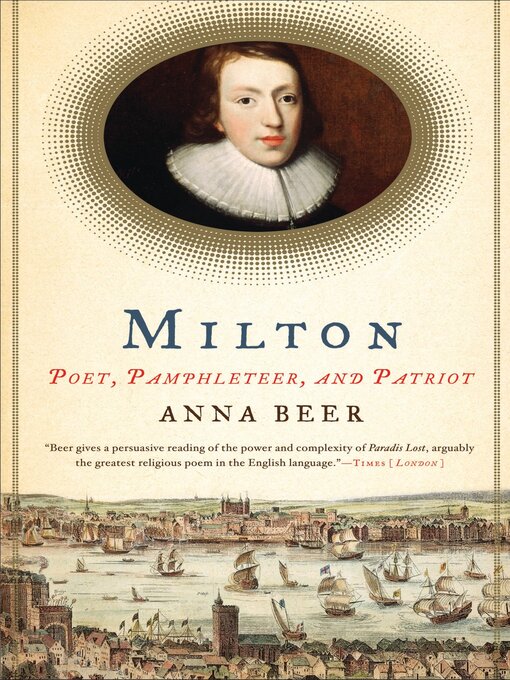John Milton (1608-1674) is best known as the author of the masterful epic retelling of fall of man, Paradise Lost. But he was more than just the 17th century voice of Satan. Wise and witty scholar Anna Beer traces his literary roots to a youthful passion for ancient verse, especially Ovid. She also rounds out parts of his life that have been, until now, little studied. Milton was deeply involved in the political and religious controversies of his time, writing a series of pamphlets on free speech, divorce, and religious, political and social rights that forced a complete rethinking of the nature and practice not only of government, but of human freedom itself. He struggled to survive through Cromwell's rise to power, chaotic reign and death, and then the restoration of the monarchy.
Milton's personal life was just as rich and complex as his professional, and here it receives a fresh assessment. For centuries, he has emerged from biographies either as a woman-hating domestic tyrant or as a saintly figure removed from the messy business of personal affections. While Milton was probably a touch tyrant and saint, Beer suggests he also suffered lifelong heartache at the untimely death of his intimate friend Charles Diodati, with whom he was likely in love. Milton's context, from religious persecution to institutional turmoil to sexual politics, is as central to the book as Milton himself. With extensive new research, Milton emerges from Anna Beer's ground-breaking biography for the first time as a fully rounded human being.


